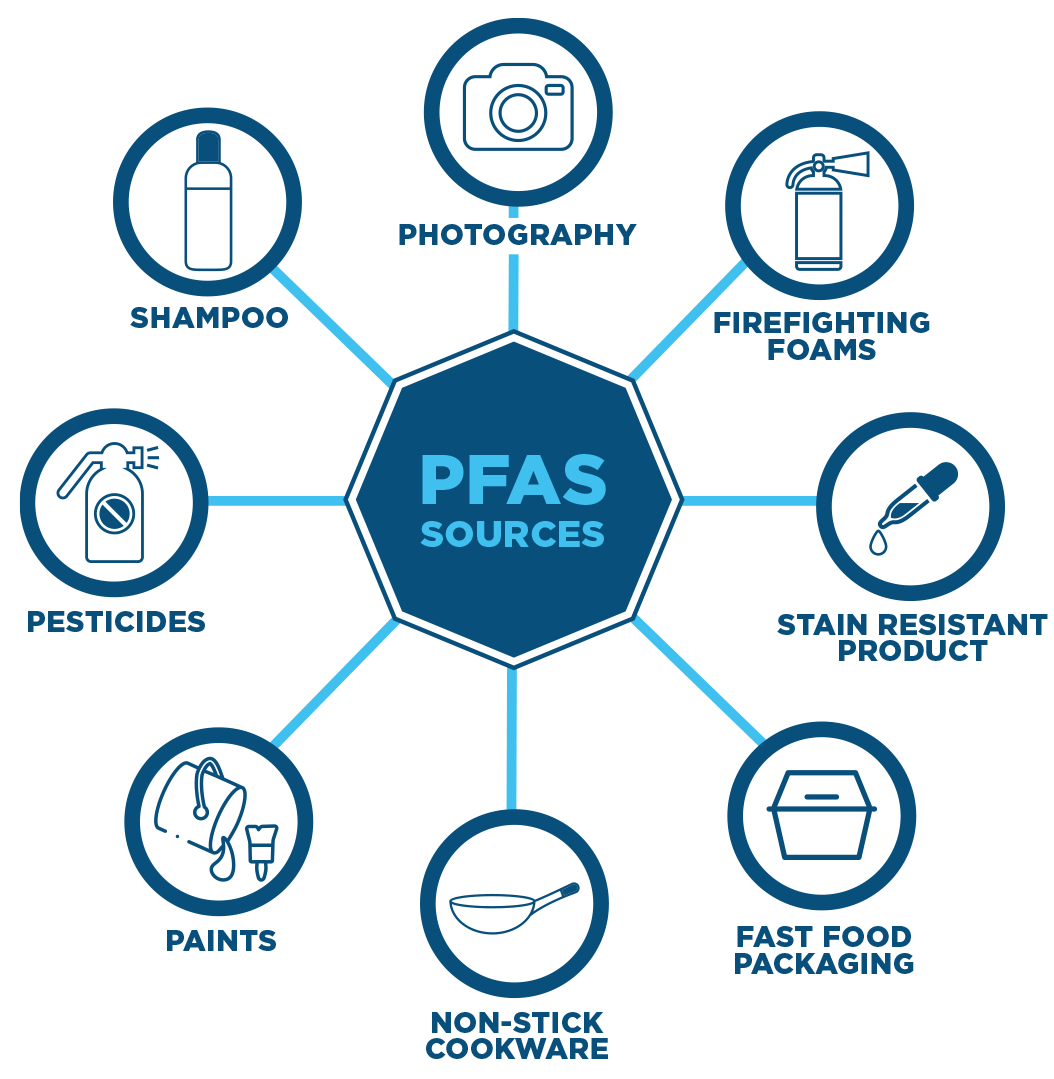Procédés de REmédiation des pFAS
(pFAS REmediation processes):
The PREFAS Project


Treewater: an innovative and sustainable technology for the total elimination of PFASs
Per- and polyfluoroalkylated substances (PFAS) are a major environmental challenge because of their persistence and toxicity, such as TFA, a PFAS degradation product of particular concern. Faced with the ineffectiveness of conventional solutions, such as incineration, or dubious technologies for the complete elimination of PFAS, which are costly and energy-intensive, Treewater is proposing a breakthrough ecological and economic treatment for the complete elimination of PFAS, in line with current and future regulations.
Advanced solutions to meet tomorrow’s standards
Treewater has developed advanced reduction (UV-based) and electro-oxidation treatment processes capable of totally degrading PFAS. The choice of technology depends on the quality of the effluent to be treated, the volumes involved and the constraints faced by manufacturers. Unlike conventional technologies, which simply concentrate the pollution, these innovations enable PFAS to be completely mineralized, resulting only in the formation of fluoride ions, without the production of toxic by-products.
With degradation rates in excess of 90% for long- and short-chain PFAS, these technologies are robust, scalable solutions capable of achieving total destruction of PFAS. They are therefore perfectly suited to future regulatory requirements, which will impose increasingly strict thresholds on these pollutants.

A cost-effective, sustainable alternative
In addition to their efficiency, Treewater solutions represent a cost-effective alternative to concentrate incineration, significantly reducing operating costs and energy requirements. They enable industries to comply with regulations while adopting an environmentally-friendly approach.
Industrial deployment imminent
After a comparative evaluation phase of the different technologies, Treewater is finalizing the development of an operational pilot enabling this process to be integrated on a large scale in the industries concerned.
After a long industrial development phase that began many years ago, Treewater is now in the process of industrializing its process, with a view to bringing it to market in the coming months.
